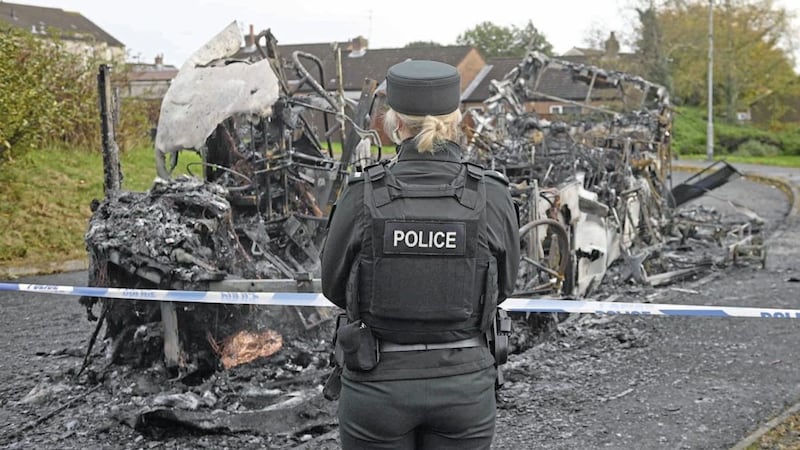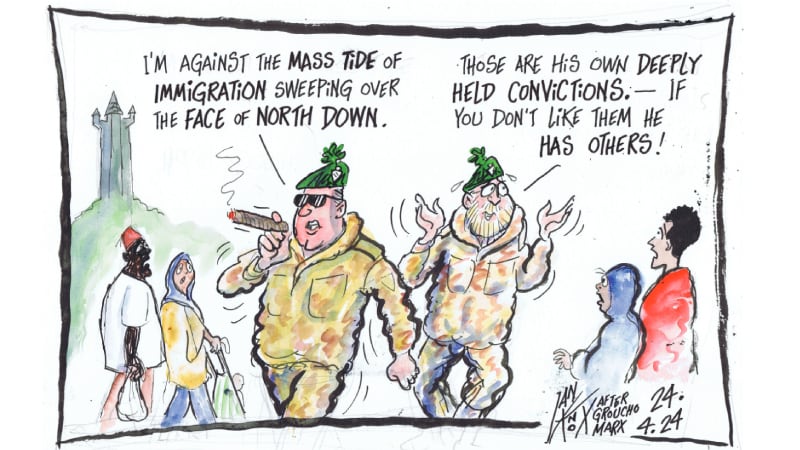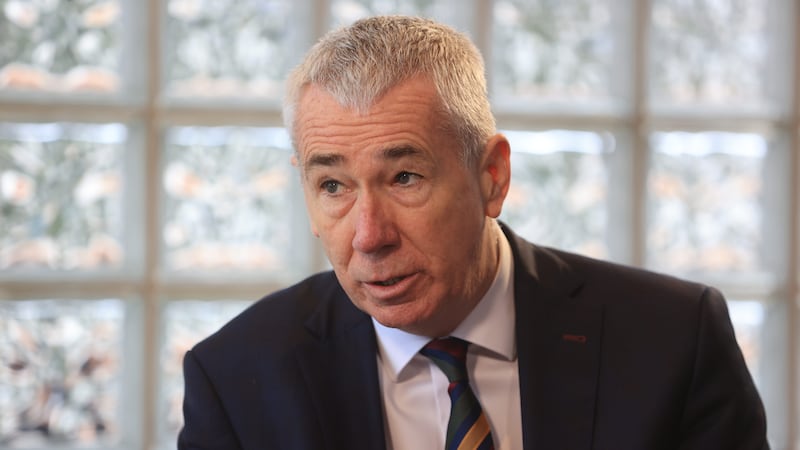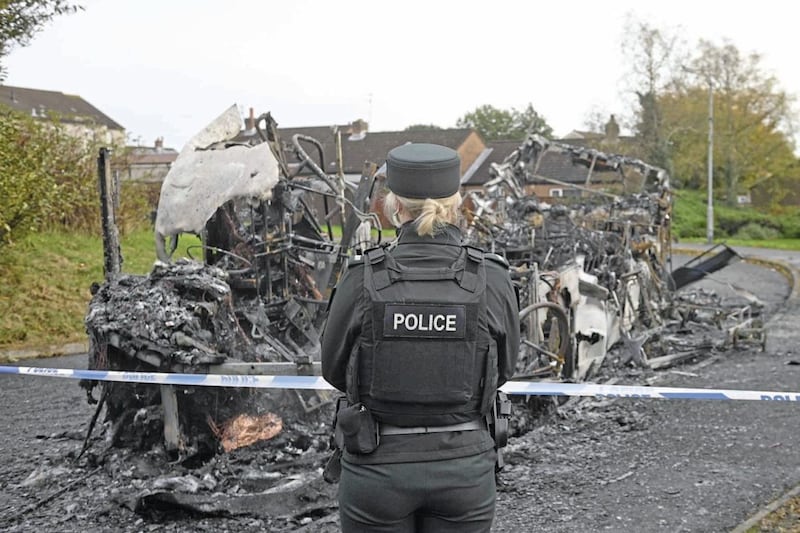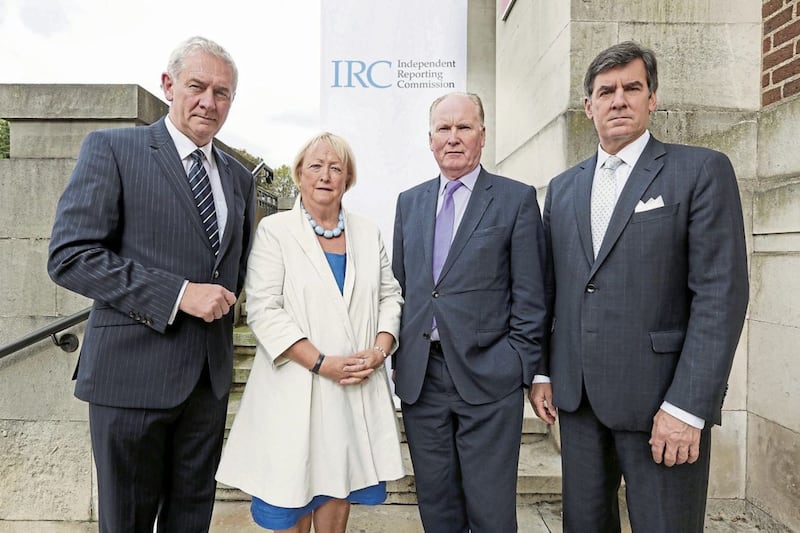While those behind Independent Reporting Commission (IRC) hope for a formal process to bring an end to paramilitarism many will view the potential for such an outcome as aspirational rather than a realistic prospect.
History appears to demonstrate that republican underground networks and organisations will exist in one form or another - although their impact and influence will ebb and flow.
Since the emergence of the peace process some paramilitary factions have simply morphed into narco and organised crime gangs, which retain paramilitary structures.
On the loyalist side, informed sources have suggested that a new breed of paramilitary has emerged as a result of Brexit and the Irish Sea border controversies.
It has been said that the cohesion and overall control held by mainstream paramilitary groups has weakened in some areas in recent months.
While still representing the majority of loyalist paramilitary groups, The Loyalist Community Council (LCC), does not have the ear of everyone it has been said.
Sources insist that some of the protocol-linked violence seen in loyalist areas earlier this year was orchestrated by some beyond the influence of the LCC.
The IRC has said that just as political engagement was needed to bring the Troubles to an end, a similar process is needed to "definitively end paramilitarism".
Without buy-in from the various factions, which there clearly won't be in the near future, that approach will face significant obstacles, particularly if loyalist tensions over the protocol remain.
If the Irish Sea Border issue remains unresolved coupled with the prospect of a Sinn Féin first minister taking office after next year's assembly elections, the potential for increased tensions and a loyalist backlash cannot be ignored.
Add the 2021 census results, which could show a Catholic majority, and the obvious outworkings of that into the mix in the coming years and the possibility of an end to paramilitarism appears even more remote in the near future.
